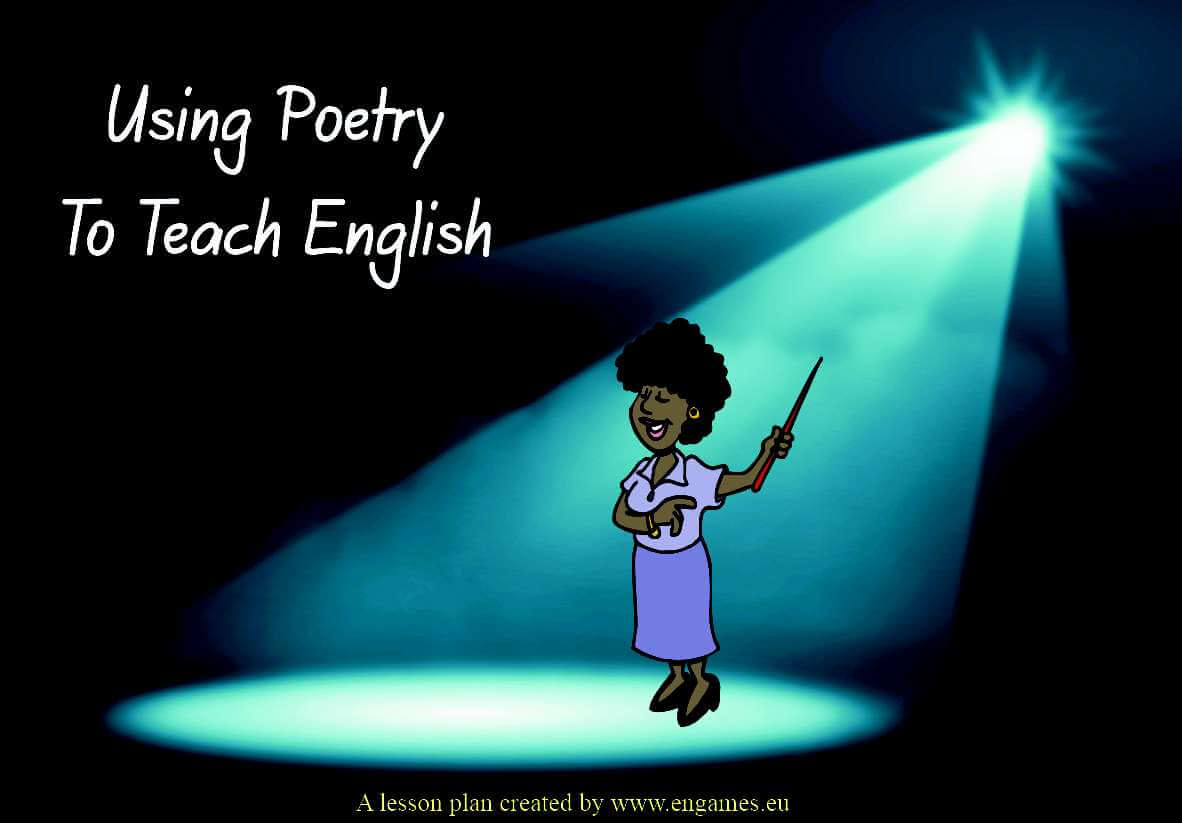Teaching English using Poetry
Have you ever used poetry to teach English in your class? If you have you can probably confirm that it was not a great success. The majority of your students were probably bored and didn’t share your passion for the poem. And thus they found your lesson boring and useless. Therefore, it may seem that…
